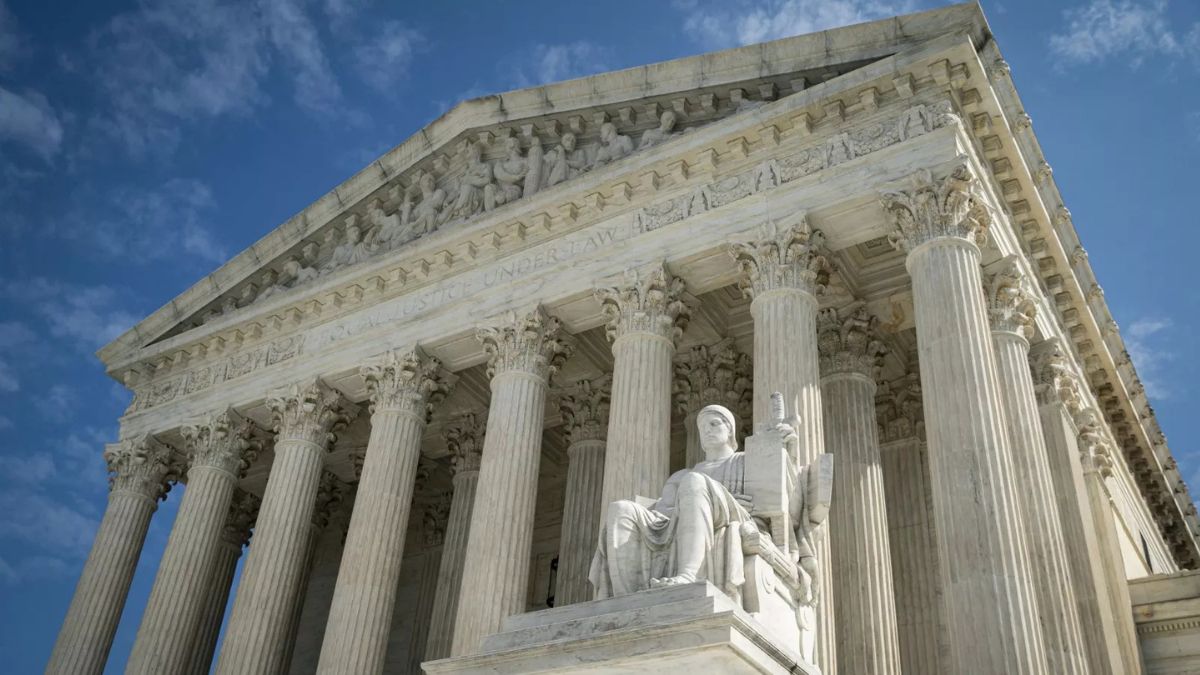

BreakPoint
Sex and Sensibility
Thirty-six years ago, police arrested storeowner Sam Ginsberg for selling pornography to a sixteen-year- old boy. Ginsburg claimed that anti-pornography laws violated his First Amendment rights. The Supreme Court disagreed, and its decision reveals why, when it comes to fighting filth, we need to sharpen our worldview weapons. In a ruling that sounds almost quaint today, Justice William Brennan said that parents are entitled to the law's help in protecting the well being of their children. Moreover, he added, the state had its own interest in safeguarding children from abuses that might prevent their growth into well-developed citizens. Today, as Princeton philosopher Robert George observes, a great many people would disagree with Brennan's conclusion. Instead, they embrace the dissenting view of Justice William Douglas, who ridiculed porn foes as people who are "propelled by their own neuroses." Tragically, as George writes in his splendid new book, The Clash of Orthodoxies, many judges agree with Douglas. Yes, porn shocks and offends, they acknowledge. But they claim that "putting up with being shocked and offended is the price we must pay for the great blessing of freedom of expression." George reminds us that pornography's harm is not its capacity to shock and offend, but, rather, its tendency to corrupt and deprave. Laws regulating pornography are, and always have been, about preventing moral corruption, not preventing an offense. Of course, this view challenges a key tenet of the liberal secular worldview in that it presupposes that pornography is a source of moral corruption. For liberal secularism, it's an article of faith that within the sexual realm, anything consenting adults agree to is morally acceptable. But Christianity teaches that God intended sexual relations to serve both a unitive and procreative function within the bonds of marriage. Pornography corrupts because it undermines our capacity to understand sexual relations as anything other than self-gratification. It teaches us to regard our own bodies and the bodies of others as mere instruments of sexual pleasure -- that is, sex objects. Ultimately, pornography leads to sexuality that is impulsive, selfish, out of control. In the name of freedom, it enslaves people to their own basest desires. Intellectually honest defenders of an alleged "right" to pornography admit that porn damages the interests of non-users and harms the community. Liberal philosopher Ronald Dworkin writes that access to porn "sharply limits the ability of parents to bring about a cultural structure . . . in which sexual experience generally has dignity and beauty." Even worse, pornographic fantasies lead to real-world horrors: the abuse and exploitation of women and children. This is why we need to work for laws to combat pornography. We shouldn't let the multi-billion dollar porn industry get away with claiming that we're simply prudes or neurotics. We must make the argument that pornography corrupts our children and degrades our entire culture, dangerous to the common good. And closer to home, we must warn our kids that consuming pornography makes it harder for them to become good husbands, wives, and parents. Reading Robert George's The Clash of Orthodoxies will help you make these arguments -- arguments that can be, both at home and in the public square, worthy weapons in the war of worldviews. For more information: Robert George, The Clash of Orthodoxies (Intercollegiate Studies Inst., 2001).
09/8/06















